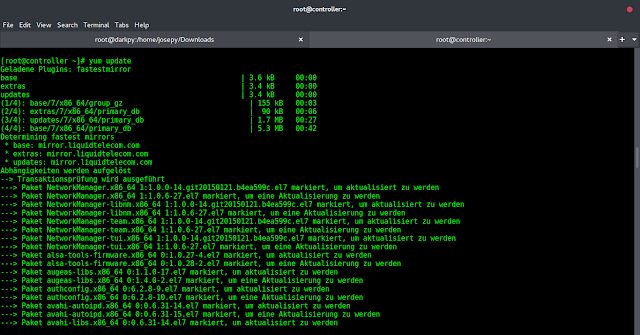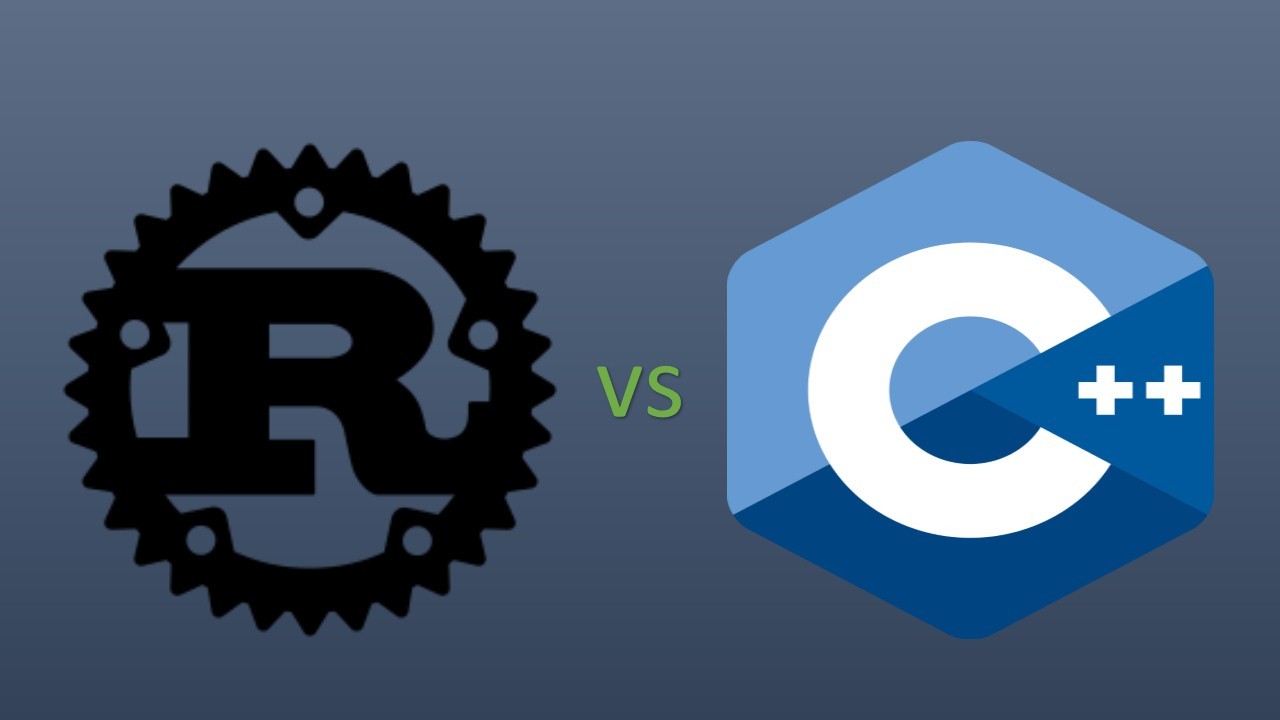We have seen many programming languages trending according to their functionality and popularity but languages are not meant to be used according to their popularity. We should consider the overall efficiency and productivity when it comes to using a programming language. Speaking of efficiency and popularity one of the most used programming languages in this era is C++. It is known for its contribution in operating systems to the gaming industry, and it is the most widely used language in terms of competitive programming because of its predefined Standard template library(STL) . On the other side, Rust seems to be a hot topic these days in reference to C++ because of its similar syntax. Apart from syntax, there are other factors like embedded system programming which is why rust came up in contrast to C++. Let’s see some facts about why to choose Rust over C++ or vice versa.
What is C++?
C++ is a high-level, general-purpose object-oriented programming language. It was developed by Danish computer scientist Bjarne Stroustrup. This language is the extension of the C programming language, or “C with Classes”. C++ was designed with a bias toward system programming and embedded, resource-constrained software and large systems, with performance, efficiency, and flexibility of use as its design highlights. Using C++ programmers can have a high level of control over system resources and memory. it is an object-oriented programming language that gives a clear structure to programs and allows code to be reused.
C++ is a great language that can give an awesome performance and you can build super-fast applications with less compilation and execution time because of its rich standard library called “STL-library”. You can build a wide variety of applications from GUI apps to 3D graphics, games, desktop apps, as well as hardcore computer vision applications.
Checkout “Master C++ Programming – Complete Beginner to Advanced” course, a comprehensive path from beginner to advanced levels. Explore essential topics like object-oriented programming, data structures, and algorithms, perfect for newcomers and those aiming to advance their programming skills.
Code Example
CPP
#include <iostream> int main() { std::cout << "Hello, world!"; return 0; } |
Output
Hello, world!
Key Features of C++
- Efficiency: C++ is known for its efficient performance, allowing developers to build applications with faster execution times and less memory consumption.
- Flexibility: It provides a wide range of features for programming flexibility, including support for procedural, object-oriented, and generic programming paradigms.
- Standard Template Library (STL): C++ comes with a rich standard library called “STL,” which provides a collection of classes and functions for tasks such as data structures, algorithms, and I/O operations.
- Portability: C++ code can be compiled and run on various platforms, making it a portable choice for cross-platform development.
- Compatibility: C++ is backward compatible with C, allowing developers to easily integrate existing C code into C++ programs.
What is Rust?
Rust is a multi-paradigm programming language focused on performance and safety, especially safe concurrency. It is syntactically similar to C++ but provides memory safety without using garbage collection. Rust programming language was developed by Mozilla with the aim of creating a better tool for developing their browser Mozilla Firefox. However, the language appeared to be so effective, that many programmers are now opting to use it for software development instead of using C++. Rust is syntactically similar to C++, but it provides increased speed and better memory safety.
Rust is a more innovative system-level language in terms of safer memory management because it does not allow dangling pointers or null pointers. It is created for being secure and safe without affecting performance and speed. Mostly Rust is used to develop device drivers, operating systems such as BlogOS, intermezzOS, QuiltOS, Redox, RustOS, Rux, Tefflin, and Tock. It is also used in browsers like Mozilla firefox, games, etc.
Code Example
Rust
fn main() { println!("Hello, world!"); } |
Output
Hello World!
Key Features of Rust
- Memory Safety: Rust’s ownership and borrowing system ensure memory safety by preventing null pointer dereferencing and memory leaks at compile time.
- Concurrency: Rust provides built-in support for concurrency with features like threads and asynchronous programming, ensuring safe parallelism without data races.
- Performance: Rust is known for its high performance, comparable to C and C++, thanks to its efficient memory management and low-level control over hardware.
- Safety: The language’s strict rules and static typing help catch errors at compile time, making Rust code more reliable and secure.
- Ecosystem: Rust has a growing ecosystem of libraries and tools, supported by a vibrant community, making it suitable for a wide range of applications, including systems programming, web development, and more.
Rust vs C++: Key Differences
| Aspect | C++ | Rust |
|---|---|---|
| Type | Object-oriented | Multi-paradigm (functional, imperative) |
| Memory Safety | Manual memory management | Automatic memory management (no GC) |
| Concurrency | Threads, libraries like OpenMP | Built-in concurrency primitives |
| Performance | High performance, low-level control | High performance, comparable to C/C++ |
| Syntax | C-like syntax, complex and verbose | C-like syntax, modern and concise |
| Safety | Less safe, prone to memory leaks, crashes | Strong safety guarantees, prevents UB |
| Ecosystem | Mature with extensive libraries and tools | Growing ecosystem, active community |
| Learning Curve | Steeper learning curve due to complexity | Moderate learning curve, clear semantics |
| Community | Large and established community | Active and growing community |
| Use Cases | Systems programming, game development | Systems programming, web development |
| Popularity | Widely used, industry standard | Growing popularity, gaining traction |
Must Read:
Conclusion
Both the programming languages have their own pros and cons like C++ has huge community support and many frameworks for software development but rust doesn’t have that much support in comparison to C++. On the other side, Rust is much better in several aspects, like memory safety, concurrency and it lets you think more carefully about memory usage and pointers. Almost anyone who uses Rust can state that programming in this language is easier due to well-defined semantics and the prevention of unwanted behavior. In C++, developers have more issues when trying to avoid undefined behavior. Furthermore, C++ is a deep ocean when compared to Rust since C++ has so many features and opportunities for implementation that it can become challenging to keep track of them.
If you are looking for a well-supported and framework-rich language, you will probably choose C++. In other cases, you might want your code to be extremely safe, avoid memory leaks and other undefined behavior then start learning Rust. It is said that Rust still lacks tools and frameworks.
In the end, it all depends on whether you are comfortable with C++ or Rust. If you are comfortable with C++ then it is a great choice with much support and frameworks. Rust is good at security aspects but it is still on the experimenting stage, so decide whether to choose a language with huge support or a young experimental language with secure memory access.





